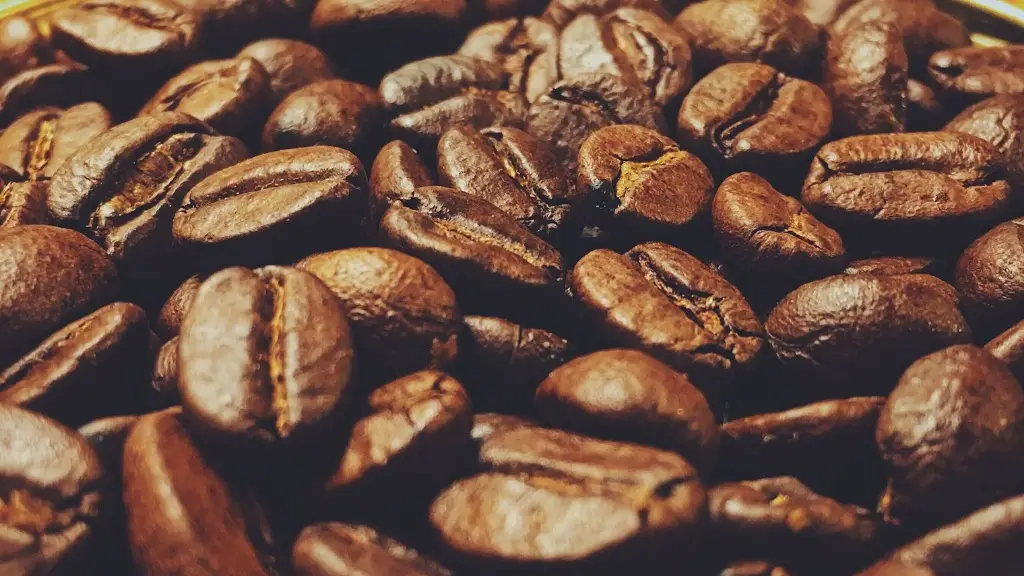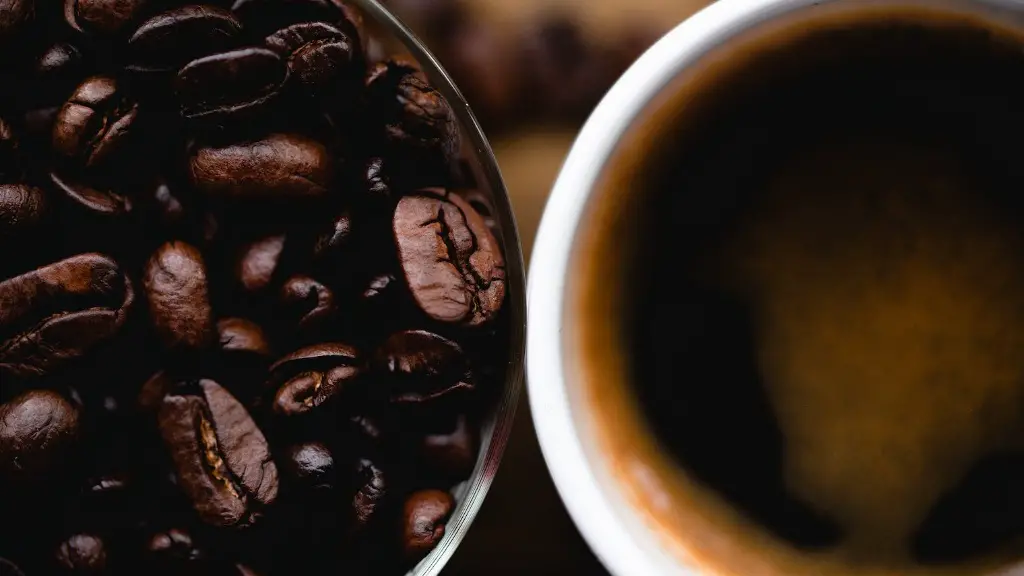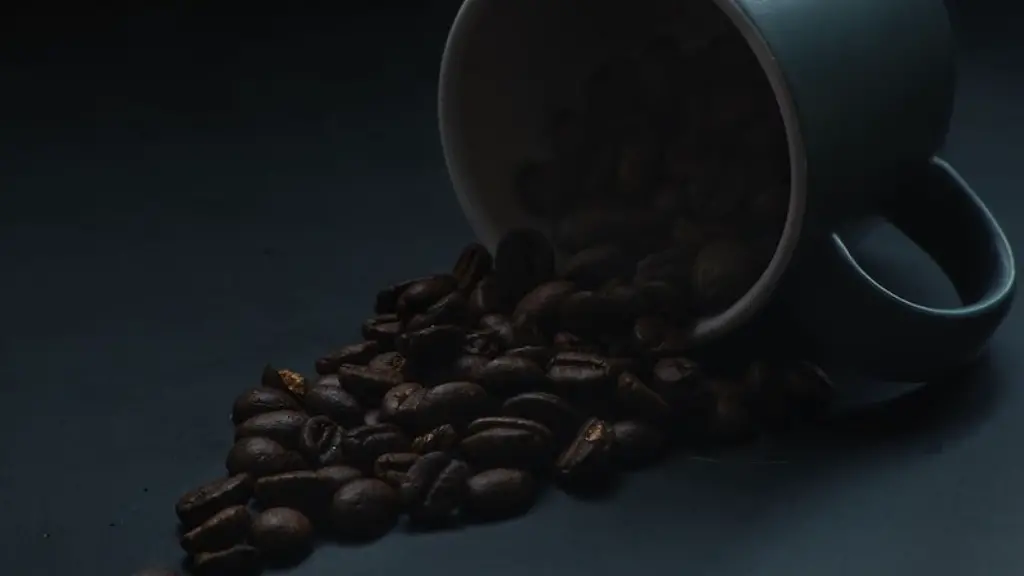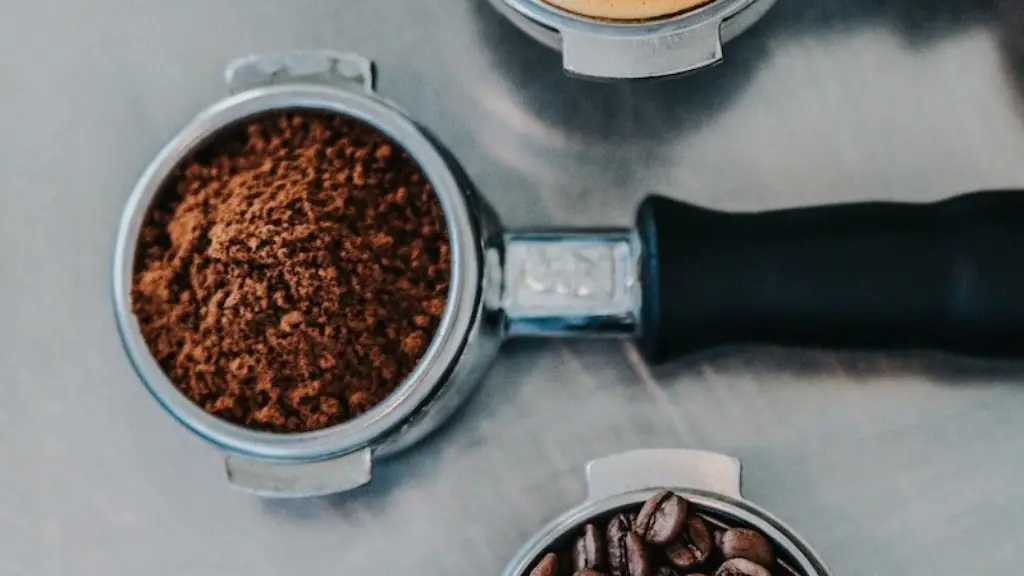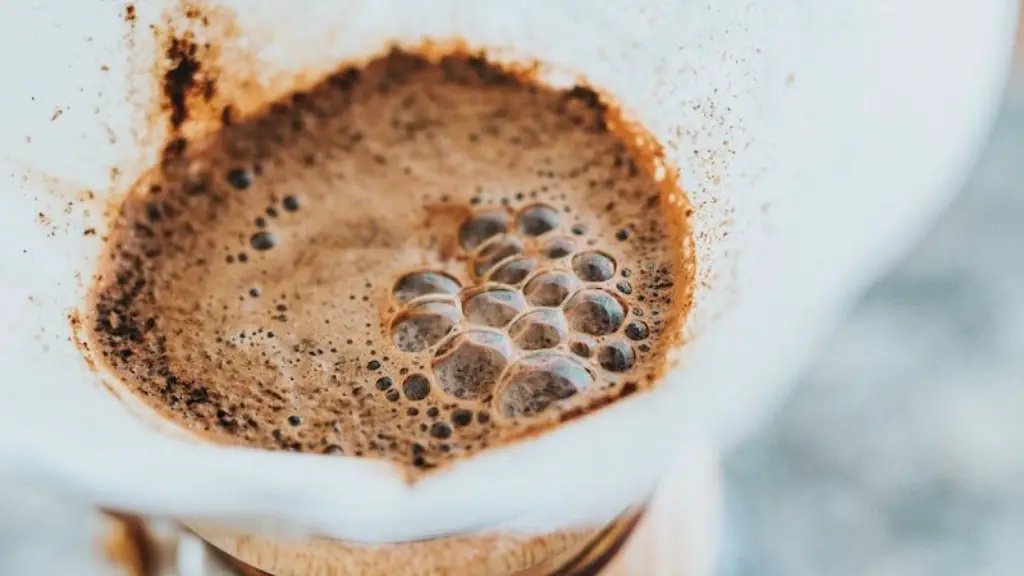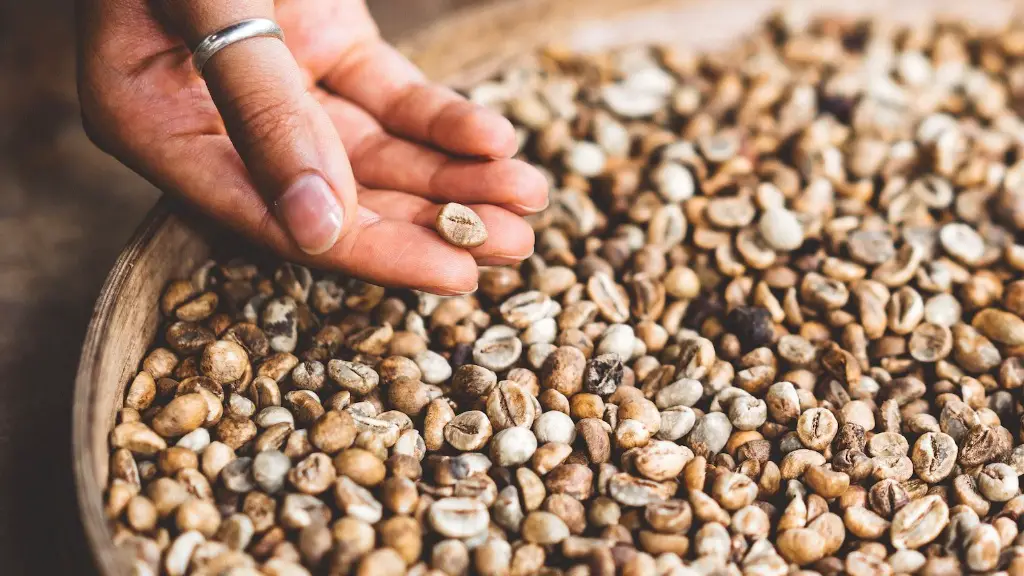Navratri is a Hindu festival celebrated over nine days and nights. During this time, many Hindus choose to fast, abstaining from all food or only eating certain types of food. This has led to the question of whether or not one can consume coffee during a navratri fast.
Most priests, physicians, gurus and ayurvedic healers will caution against consuming any caffeine during the fast. This is due to the fact that coffee is generally considered to have stimulant properties, which can cause sleeplessness, restlessness, heart palpitations and digestive upset. The body has certain cravings for certain food items which can be put at bay by abstaining, and the indulgence of coffee can make it difficult for the body to adapt to certain changes in the eating regimen during the fast.
However, many spiritual gurus also believe that drinking coffee during a fast can have its benefits. Caffeine can help to increase concentration, alertness and energy, which can be beneficial while engaging in the activities involved in a Navratri festival. Coffee is also said to aid in digestion and support the smooth functioning of the gastrointestinal system, something which is beneficial if one is fasting and limiting what they consume.
One option which circumvents the issue of caffeine is to use decaf coffee or an herbal substitute such as chicory or dandelion root tea. Decaf coffee still contains some trace amounts of caffeine, though much less than a regular cup, while the herbal substitutes are completely caffeine free.
Ultimately, the decision of whether or not to consume coffee during a fast is a personal one and should come from the individual’s own spiritual and religious beliefs. However, it would be wise to be aware of the possible risks and benefits associated with the consumption of caffeine, and to make an informed decision for oneself.
The Effects of Coffee on Fasting
Coffee intake during a fast can certainly have positive effects, such as providing mental alertness and giving more energy. However, there is also potential for it to have negative consequences as well. Caffeine has the possibility of upsetting the stomach and impair digestion, which can become particularly harmful if one is abstaining from food during the fast.
Coffee is known to increase blood pressure and metabolism, so drinking it during a fast may potentially lead to physical discomfort if one is not used to it. Caffeine intake can also cause dehydration if the person is not taking in enough fluids during a fast, as coffee is a diuretic and will increase urination.
Therefore, it is important to consider the effects of coffee consumption on fasting before making the decision to drink it. It is also important to be aware that the effects of coffee during a fast can differ from the effects during regular eating habits, as the digestive process is impaired.
Precautions for Coffee Consumption During a Fast
If one decides to consume coffee during a fast, there are certain precautions to take. Caffeine sensitivity can vary from person to person, so it is important to recognize the body’s reactions to caffeine intake and make sure not to overindulge.
If caffeine does not disturb the fasting process, it is usually safe to consume it in small amounts. It is recommended to stick to one or two cups of coffee a day during the fast. If one is consuming the herbal substitutes, the amount should be kept within a moderate range as well, as they still contain trace amounts of caffeine.
It is also important to keep hydrated while fasting, as the body is not consuming the same amount of fluids as usual. Therefore, it is important to alternate between the intake of coffee and water to make sure that the body does not become dehydrated.
The Benefits of Coffee During Fasting
The positive effects of coffee during a fast should also be considered when making the decision to consume it. While fasting, a person may be looking for a breakfast substitute to get their body moving in the morning. Coffee is a perfect solution as it has energizing properties and can make one feel more alert.
Coffee can also help to reduce fatigue, increase alertness and improve concentration, which is crucial during the spiritual activities involved in the Navratri fast. It can also possess beneficial effects on the digestive system, though this is something that should be taken into consideration when deciding to consume coffee during the fast.
Another benefit of consuming coffee during a fast is that it can help to curb cravings for nicotine or other stimulants. Having coffee to hand throughout the nine days can help to satisfy any such cravings, allowing one to stay focused and abstain from any substances that may not be allowed during the fast.
If one decides not to consume coffee during a Navratri fast, there are alternatives that can provide the same benefits. Herbal teas such as chamomile, peppermint and ginger can have energizing, digestion-aiding and calming effects, depending on the type and type of tea chosen.
Other beverages such as coconut water can also be beneficial, as it is an excellent source of electrolytes and can help to boost energy and provide hydration. Fruits juices, especially those made with fresh fruits such as watermelon, pineapple and oranges, can also be a great source of energy and vitamins, and can help to maintain the body’s nutritional requirements.
For a breakfast substitute, fresh smoothies made with fruits, nuts and seeds can be an ideal choice. This can provide the necessary energy to kickstart the day and help to sustain one throughout the fast.
Avoiding Hunger During the Fast
Hunger can be a major struggle during the Navratri fast, so it is important to find ways to curb it. Consuming decaf coffee or herbal teas is a good way to reduce the feeling of hunger and provide the body with energy without upsetting the digestive system.
Another way to reduce hunger during the fast is by consuming foods that are high in fiber and low in glucose, such as legumes, fruits and vegetables. Eating low sugar fruits like oranges, apples and berries is also a great way to reduce cravings throughout the day.
Consuming small portions of juices with an equal amount of water can also help to reduce hunger during the fast. The juices should be low in sugar and shouldn’t contain any added artificial sweeteners. Additionally, one can drink hot soups and broths made from vegetables and herbs such as celery, parsley, garlic and ginger.
Finding Spiritual Support During the Fast
The nine days of Navratri can be an intense and spiritual experience, and many people look for spiritual or emotional support during this time. Creating a support system of family, friends and other people who can understand and relate to the experience is a great way to find the emotional support one needs.
Engaging in activities such as yoga, meditation and chanting can also be beneficial to finding spiritual grounding. It can also be helpful to find a spiritual mentor or guru to whom one can turn to for guidance and advice.
Finally, it is important to remember to take care of one’s physical and mental well-being during the fast. This can include getting adequate rest, taking regular breaks from the activities involved in the festival and disconnecting from digital devices that can cause distraction. Making sure to check in with oneself and listen to the body’s needs is key to finding spiritual fulfillment during the fast.
